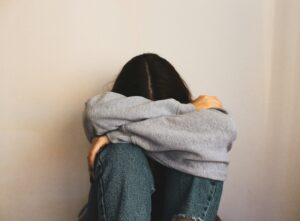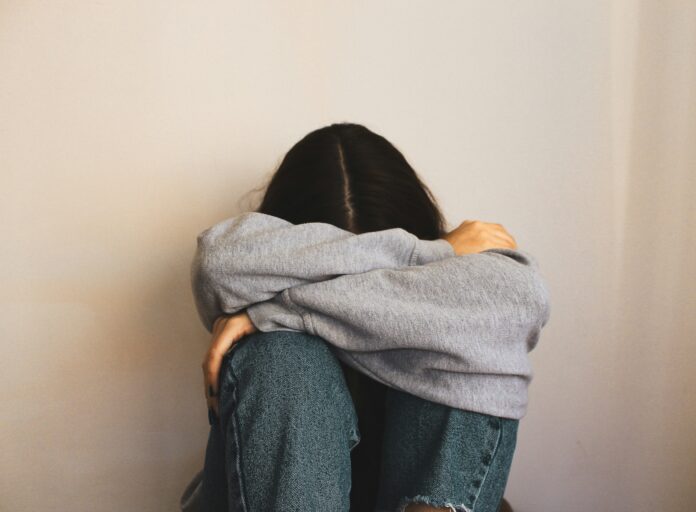In an increasingly digital world, our daily routines have been transformed by technology, yet one of the unintended consequences is a growing epidemic of Tech-Induced Sleep Disorders. As screens become more integral to our lives, the constant exposure to artificial light, especially before bedtime, is wreaking havoc on our natural sleep cycles. Experts are already sounding the alarm on how this trend could evolve into one of the most pervasive health challenges of the future.
What Are Tech-Induced Sleep Disorders?
These disorders encompass a range of sleep problems that stem from the overuse of digital devices, particularly before and during bedtime. The blue light emitted from smartphones, tablets, and laptops has been shown to suppress melatonin production—a hormone that regulates sleep—leading to difficulties in falling asleep, disrupted sleep cycles, and poor sleep quality. Over time, this can lead to chronic sleep deprivation, which is linked to a host of physical and mental health issues.
The Driving Factors Behind This Growing Crisis
- Blue Light Exposure: Blue light from screens mimics daylight, tricking our brains into staying awake. The overstimulation from bright screens and the digital content they display makes it harder for people to wind down at night, leading to delayed sleep onset.
- Digital Overload: With more people working remotely, the boundaries between work and personal time have blurred. Many find themselves checking emails or scrolling through social media late into the night, which can overstimulate the brain and delay the onset of sleep.
- Social Media and FOMO (Fear of Missing Out): Social platforms are designed to be engaging and addictive, leading users to spend hours mindlessly scrolling. This endless stimulation not only takes away time from sleep but also causes anxiety and stress, making it even harder to relax before bed.
- Wearables and Health Trackers: Ironically, even health-focused tech like sleep trackers can sometimes worsen sleep quality. Obsessing over sleep data or trying too hard to “sleep perfectly” can lead to sleep anxiety, where people become stressed about achieving the right amount of sleep.
The Health Impacts of Tech-Induced Sleep Disorders
Sleep is crucial for our bodies to repair, regenerate, and function optimally. Chronic sleep deprivation can have profound effects on both mental and physical health, including:
- Cognitive Decline: Lack of sleep impairs memory, concentration, and decision-making, which can be particularly harmful for students, professionals, and anyone who needs to stay mentally sharp.
- Emotional and Mental Health: Prolonged sleep deprivation is linked to mood disorders like anxiety and depression. The combination of digital addiction and poor sleep can create a vicious cycle, where stress and sleeplessness feed off one another.
- Weakened Immune System: Poor sleep quality lowers the body’s ability to fight off infections and recover from illness, increasing the risk of chronic diseases like diabetes, cardiovascular conditions, and even certain cancers.
- Obesity and Metabolic Disorders: Research shows that sleep deprivation can lead to weight gain and metabolic issues due to disruptions in hunger hormones like ghrelin and leptin. This can increase the risk of obesity and diabetes.
How Society is Addressing the Problem
While tech-induced sleep disorders are a modern issue, there are several strategies being explored to combat this crisis:
- Blue Light Filters and Night Modes: Many devices now come equipped with blue light filters or “Night Shift” modes, which reduce the amount of blue light emitted in the evening. However, while helpful, these features alone are not a complete solution.
- Digital Detox Initiatives: Awareness campaigns are encouraging individuals to limit screen time, especially before bed. Some companies are promoting “digital detox” days to help their employees reset their sleep cycles and reduce stress.
- Sleep Hygiene Programs: Schools, workplaces, and healthcare providers are increasingly focusing on educating people about the importance of good sleep hygiene. This includes practices like setting a consistent bedtime, using blackout curtains, and reducing screen time an hour before bed.
- Tech-Free Bedrooms: To promote healthier sleep, experts recommend keeping bedrooms free of electronic devices. This can help create an environment that is conducive to relaxation and rest.
What You Can Do to Improve Sleep in a Tech-Heavy World
While technology is not going away, there are steps you can take to protect your sleep:
- Establish a Digital Curfew: Avoid screens at least an hour before bedtime. Instead, unwind with a book, a warm bath, or some relaxation exercises.
- Invest in Blue Light Glasses: If your work requires screen time at night, consider blue light-blocking glasses to reduce exposure.
- Practice Mindful Use of Technology: Be mindful of how much time you spend on your devices, especially on social media platforms that encourage endless scrolling.
- Create a Sleep-Inducing Environment: Make your bedroom a sanctuary for sleep. Use blackout curtains, keep the room cool, and remove any electronic devices that emit light.
- Adopt Healthy Sleep Habits: Develop a consistent sleep schedule, exercise regularly, and avoid caffeine and heavy meals in the evening.
The Future of Sleep Health
As technology continues to advance, it is crucial for society to strike a balance between the benefits of digital devices and the preservation of essential human needs like sleep. Innovative solutions, like AI-powered sleep coaches and improved screen technologies, may help mitigate the impact of our tech-heavy lifestyles on sleep. However, the responsibility also lies with individuals to make conscious choices about their technology use.
In the future, the discussion around sleep health will likely focus on how we can better integrate technology into our lives without sacrificing our well-being. Addressing Tech-Induced Sleep Disorders now is crucial to prevent it from becoming a full-blown public health crisis. The path forward will require collaboration between technology developers, healthcare providers, and individuals to ensure that progress in one area does not come at the cost of our most basic human needs.

Views: 5






